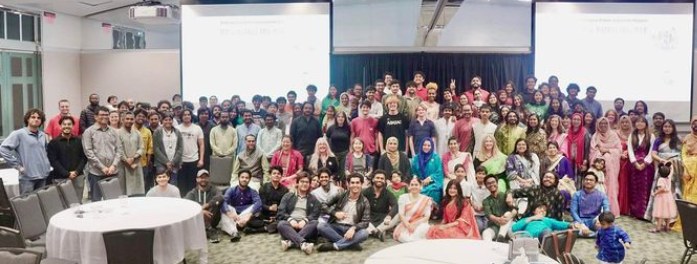The Fifth U.S. Circuit Court of Appeals gave Mississippi Attorney General Jim Hood official permission to resume his crusade against Alphabet, Inc. and Google on Friday. Hood’s investigation on whether or not Google assists in illegal behavior reaches as far back as 2013, when, according to the Associated Press, he began complaining that the company did not do enough to prevent people from breaking the law.
In October 2014, Hood served Google with a 79-page subpoena asking that they produce information relating for an investigation into illegal activity including piracy and obtaining pharmaceuticals online.
Hood argued that by allowing users to search for illegal material like pirated music and allowing the auto-suggest feature to show illegal activities, the company was facilitating criminals in their actions.
“We’re not asking them to suppress any legitimate speech,” Hood said. “There’s so much that goes on on the internet that they could step up to help us.”
However, Google filed a lawsuit in December 2014 against Hood accusing him of conspiring with the Motion Picture Association of America to revive the Stop Online Piracy Act, or SOPA. After emails from the Sony hack implicated Hood’s office and an MPAA lobbyist, Hood backed down and said he was calling for a time out.
Despite the emails showing that the MPAA helped draft the subpoena and worked with Hood behind the scenes, he said the company used the leaked material as an attempt to embarrass him and stop the investigation. Hood defended his involvement with the MPAA in the copyright crusade.
“There is nothing inappropriate about working with a victim,” Hood said. “They have had their property stolen.”
Even though Google won an injunction in 2014 to halt Hood’s investigation, the appeals court threw out Google’s suit, which allowed Hood to continue his inquiry.
“The Fifth Circuit Court of Appeals clearly saw through Google’s attempt to misuse the federal courts in an effort to obstruct a sovereign state’s investigation into state-law matters,” Hood said. “It should be a concern of every American citizen when a corporation tries such a brazen end-run around state law.”
According to the Associated Press, Hood is unsure whether he will attempt to force Google to court in order to comply with the subpoena or attempt to sue them for violating state law.
However, the federal government still stands in the way of Hood and the MPAA’s requests. Section 230 of the Communications Decency Act provides immunity for those who provide internet content posted by others. Simply put, Google and other internet aggregators cannot be sued by showing what others have put on the internet, and attempting to censor the information available would be a violation of Google’s constitutional rights.
Those on the other side of the issue disagree with Google and the ruling.
“Freedom of speech should never be used as a shield for unlawful activities, and the Internet is not a license to steal,” said Kate Bedingfield, an MPAA spokeswoman.
Google argued that Hood’s involvement with the movie industry was enough to taint his investigation past his stated motives. Hood stated in a release that while he was concerned about piracy, his main concern was on the availability of illegally obtained and counterfeit drugs.



































